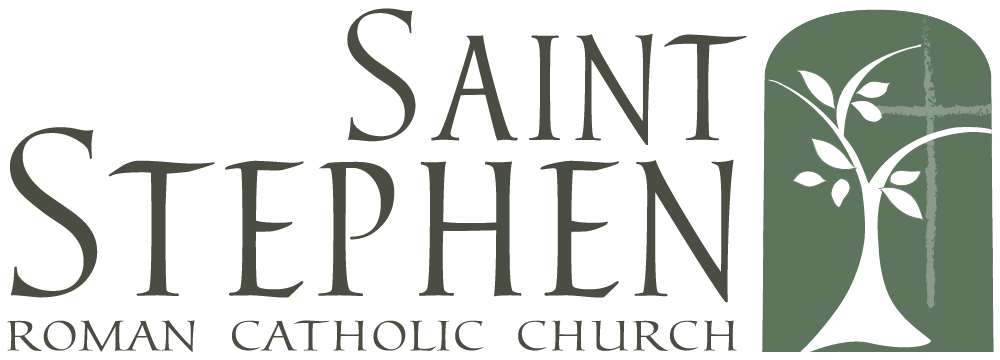Reconciliation
Reconciliation (confession) is a great sacrament of mercy. Christ calls out to us to "take my yoke upon you… For my yoke is easy, and my burden light" (Matthew 11:29). Confession is a Catholic's opportunity to lay done our burdens of sin and take up Christ's gift of merciful reconciliation. Christ is clear in the Parable of the Lost Sheep that repentance, which is experienced in the sacrament of Confession, is an act of love and confidence in He who forgives. "I tell you, in just the same way there will be more joy in heaven over one sinner who repents than over ninety-nine righteous people who have no need of repentance" (Luke 15:7). All of us make errors and can be selfish, take time to consider your sins and be cleansed by our Lord Jesus Christ.
ACT OF CONTRITION: “O my God, I am heartily sorry for having offended you and I detest all my sins, because I dread the loss of heaven and the pains of hell. But most of all because I have offended you, my God, who are all good and deserving of all my love. I firmly resolve with the help of your grace, to confess my sins, to do penance and to amend my life. Amen.”
How to Receive
Please see our events calendar for our penance schedule. If you need to meet with a Priest immediately, please contact our parish office.
Why go to Reconciliation?
Pastoral Letter of Archbishop Bruno Forte, a member of the International Theological Commission, on the theme "Reconciliation and the Beauty of God."
Confess to a priest? You then ask: Why must one confess one's sins to a priest and not do so directly to God? Of course, one always addresses God when confessing one's sins. However, that it is also necessary to do so to a priest is something that God himself makes us understand: In sending his Son with our flesh, he shows he wants to encounter us through a direct contact that passes through the signs and language of our human condition.
Just as He came out of Himself for love of us and has come to "touch us" with his flesh, we are also called to come out of ourselves for love of Him and to go with humility and faith to him who can give us pardon in his name with word and gesture. Only the absolution of sins that the priest gives in the sacrament can communicate the interior certainty of having been truly forgiven and received by the Father who is in Heaven, because Christ has entrusted to the ministry of the Church the power to bind and to loose, to exclude and admit in the Covenant community (cf. Matthew 18:17).
He it is who, risen from death, said to the Apostles: "Receive the Holy Spirit. If you forgive the sins of any, they are forgiven; if you retain the sins of any, they are retained" (John 20:22-23). Therefore, to go to Confession to a priest is very different from doing so in the secret of one's heart, exposed to so many uncertainties and ambiguities that fill life and history.
You will never know absolutely if what has touched you is the grace of God or your emotion, if you have forgiven yourself or if He has forgiven you in the way He chose. Absolved by the one the Lord has chosen and sent as minister of forgiveness, you will be able to experience the freedom that only God gives and understand why going to Confession is a source of peace.
Next Steps...
If you would like to learn more about how to receive the sacraments, please contact us and we will guide you through it.
